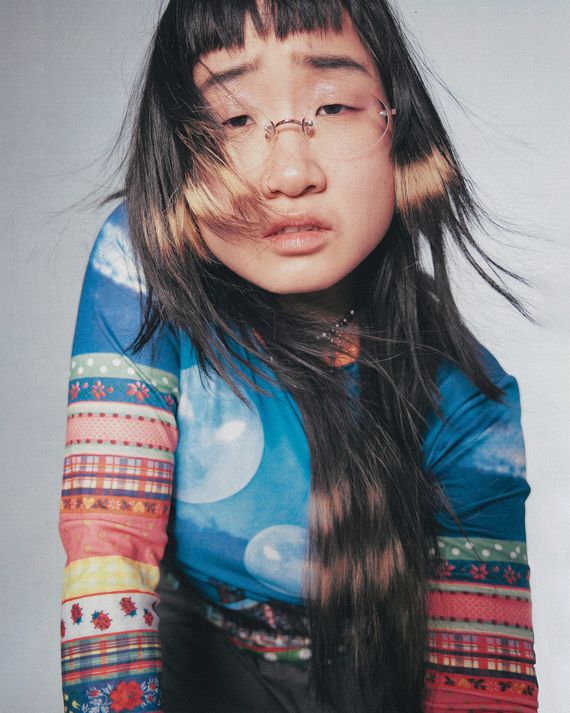
In Yaeji’s home, everything has its place. We’ve arrived at her Brooklyn pad, a pretty-big-for–New York two-bedroom apartment, where she’s cutting up kimchee with pink scissors (labeled FOR FOOD USE ONLY) to go with the congee we bought for lunch. We spent the morning attempting to tire out her toy poodle, Jiji, a pandemic puppy she got in Korea, but succeeded only in making ourselves hungry. Jiji is her little princess, a spoiled international rich girl, and the main reason you might not see her at the Bushwick clubs where Kathy Yaeji Lee from Flushing became mononymously known as Yaeji, the musician beloved for her introspective dance music that sounds like the moment when the molly is about to hit. (She’s pretty straight edge, though.) Motherhood at 29 years old and a liberatory new album allow her to indulge her inner homebody and call it a night: Sorry! Dog!
Much like Yaeji herself, who is dressed with an eye toward stylish comfort — fur-lined black Crocs, jeans, a hiking jacket — objects with radioactive levels of cuteness are everywhere around us: A large beige sectional that looks like a row of wrinkled ladyfingers surrounds a yellow puddle-shaped coffee table in the living room, where there is also a red mushroom lamp; a Totoro noren hangs at the threshold of her bedroom, and plushies line the windowsill. Yaeji comes from a family of collectors and believes in the mysticism of objects. She carries a coin wallet in her backpack that holds a miniature owl and a turtle made of seashells wearing a pink hat. She keeps it with her because her grandfather gave it to her as a safety charm. “It literally functions as nothing, but I carry it around with me,” she says. “I have a hard time letting go.”
“There it is!” she says, pointing to the corner where a sledgehammer rests; the mouth and eyes that are normally on it have been wiped clean for the moment. “I gave birth to it.” The hammer is surprisingly heavy (it’s solid aluminum); she had it fabricated for With a Hammer, her first full-length album, out next month (there’s another mallet with a translucent pink handle at her studio). It was a way to focus her intentions as a musician. Yaeji has been working for years in New York, first as a DJ before breaking out with hypnotic, dancy jams that slide between Korean and English. She released two critically acclaimed EPs and a full-length mixtape, What We Drew 우리가 그려왔던, in 2020 before she felt she could announce herself as an artist with a complete vision. “Why are we the ones to always apologize?” she asks on a new track, “Fever.” “Now I’ll just say everything I’ve wanted to say.” The lyrical storminess accompanies synth soundscapes that are familiar but have gotten bigger, warmer, and more atmospheric. She appears on the album cover, looking askance, with the mischievously grinning Hammer draped across her shoulders like she’s a WWE fighter. Hammer is a manifestation of her anger transmuted into something mythical, adorable, and powerful. Like Sailor Moon with her brooch, when Yaeji wields Hammer she is transformed into an avatar of her own creation.
Photo: Emily Lipson
The idea of the mallet originated at the start of the pandemic, though really it happened way before that. When Yaeji would have been going out to promote What We Drew that spring, she had to withdraw. Memories she had suppressed from childhood were beginning to bubble up, things she had been good at keeping down. When she finally sat with them, she felt angry. Although anger may not be completely accurate. Some of her Korean friends suggested maybe it was han, that complex, overused word that has gotten tied to the national character and associated with director Park Chan-wook’s Vengeance Trilogy. What she felt was a mixture of grief, resentment, and regret, an anger that did not produce catharsis and instead wound its way deeper into the body. Maybe it’s simply a righteous anger, what she calls “a silent fire in my heart,” on behalf of the younger self she felt she couldn’t protect at the time, the outcast who believed she had no friends. “I feel like my whole life I didn’t understand myself,” she says. “Because deeply suppressed.”
She’s circumspect when it comes to discussing the source and particularities of her anger, but here’s one memory: When she was 5, her family moved to Atlanta from New York and she became socialized in the playground practice of ostracism. Some mean-girls-in-training had devised a game in which they each had their own imaginary fairy. Yaeji wanted to play too, but they said she couldn’t have one. “They were controlling my imagination!” she says. “But I followed their rules. It’s wild. Kids make their own society.” Then one girl, the “nice” one, said she would help her imagine a fairy, but the mean girls returned with a new rumor at the cafeteria: “Your fairy was off with Tyler’s fairy and she got pregnant!” Yaeji remembers. “They slut-shamed my fairy!”
Music became a place of connection. The transcendent experience of communion on the dance floor was something Yaeji decided to build her life around. After nine years attending various schools in Korea and Japan, she moved back to the States for college at Carnegie Mellon in Pittsburgh. She joined the radio station, hosted her own show, and began DJ-ing DIY events in basements and, yes, the occasional frat party. She moved to New York after that and party-hopped around Brooklyn on a fixie she built, soaking in everything the city’s nightlife had to offer — from hard-core white-guy untzuntzuntz Berlin techno to the freer, queerer, more fluid hybridity that gave a familiar internet sensibility a real-world place of expression. She worked as a graphic designer during the day while pursuing music on the side and released one of her first singles, “New York 93,” in 2016. Eventually, Yaeji linked up with Godmode, a small tastemaking label, after the company contacted her via her SoundCloud. She broke through in 2017 with EP2, which included a cover of Drake’s “Passionfruit” — a prompt from the label — and her single “Raingurl.” She’s reluctant to talk much about either, even though they’re her most-streamed songs to date.
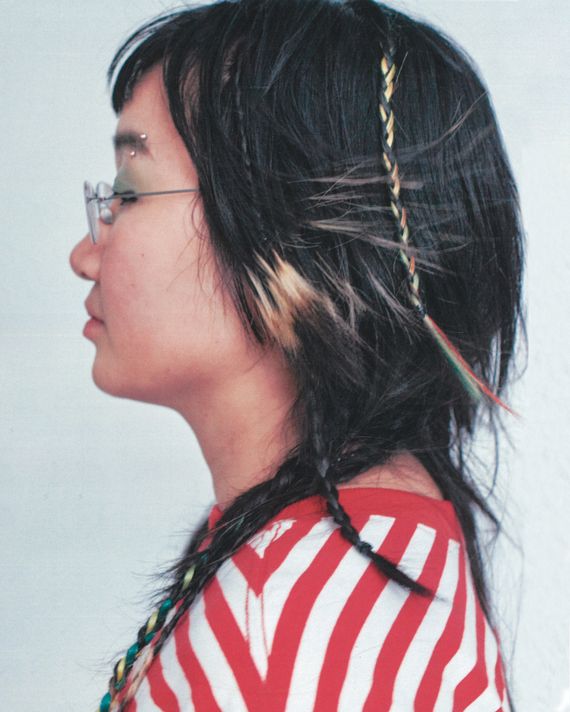
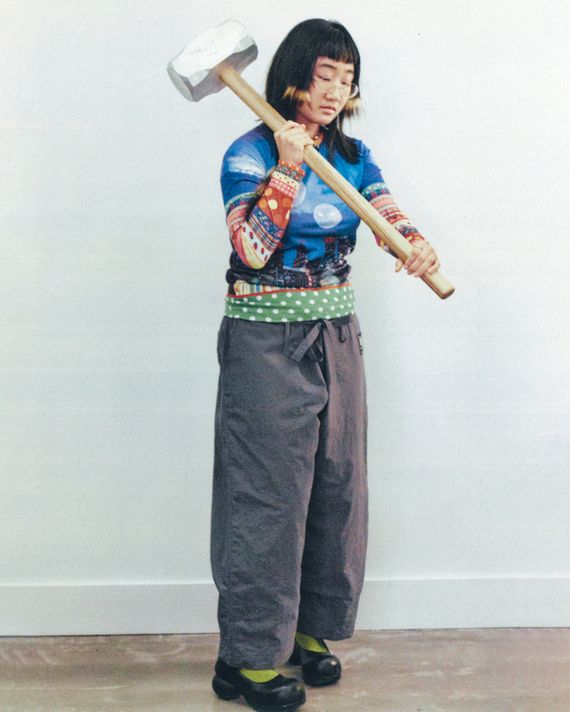
“Honestly, I’m like, Why did I do it? I’m not sure,” she says of “Passionfruit.” “It took off, and it’s still mentioned to this day and then I don’t know how to react. It’s slightly cringe of younger self. I don’t really like Drake.” She says she doesn’t feel proud of “Raingurl,” either, exactly. She looks back and sees a version of herself who couldn’t fully articulate her own vision. “It’s a nice record of time and record of me at that age,” she adds. She stopped working with Godmode soon after (she’s now with XL). After she left, she self-released the song “One More,” which she later noted she wrote while “experiencing deep growing pains.”
Still, she fondly remembers making the music video for “Raingurl” — a marathon 40-hour shoot that took place in a “real-ass abandoned warehouse.” Her friends showed up in all white and danced, and the whole project was a labor of love and an expression of people coming together to make something. At her apartment, she hosted curry nights that turned into impromptu jam sessions, which later became the “Curry in No Hurry” event she did with Boiler Room, where you could enjoy some food on the dance floor. A cozy, friends-are-family vibe became a defining marker of her ethos.
Yaeji’s writing process is abstract, diaristic, nonlinear, and collaborative — “messy” is how she describes it. She keeps four journals. One is like a diary in which she sums up the day using a rubric she learned from a YouTuber, writing down what she liked, lacked, learned, and longed for. Her handwriting in this book is as neat and small as a line of ants. One is a schedule book with appointments and meeting times that she also uses to record her meals. Another is a retrospective planner in which she’ll log what she did that day and how she spent each hour as a form of “data collecting.” The last is her 아맞다! (“Aha!”) journal, which she bound herself. Here, her handwriting is bigger and wilder, and the notebook is filled with doodles of her canine characters (such as one named Woofa from What We Drew), set lists, and ideas. When she works on lyrics, she hears the beat first and writes in what she calls “hangman style” with placeholders: “_ _ _ _ _.” These she fills in with a mix of English and Korean, sometimes in the same phrase. Early on in the Brooklyn music scene, she thought of Korean as her own private language, something she could sing that no one would understand. And even if you did, the lyrics retained that quality of a secret softly murmured to oneself.
Before she started writing With a Hammer, she reached out to a Korean watercolor artist named Seong Ryul, whom she followed on Instagram. It turned out he was a fan of hers, too. He feels like her little brother; she even thinks they look similar. His paintings depict everyday intimacies, and his graphic novel, 여름 안에서 (In Summer), tells a story of a bullied loner kid who hopes to see his cat again after it dies. Yaeji had an idea for a synesthetic collaboration. They would meet every week and improvise: Maybe she would play some music or talk about a dream or an idea, he could draw it out, and they would riff and build together.
They created a comic that told the origin story of Hammer, in which a cartoon avatar of Yaeji comes across a pawnshop inside the trunk of a giant tree. The proprietor is Wizard Dog, who wears small round Le Corbusier glasses perched on his nose and a pointy hat. Wizard Dog claims the store has anything you could possibly want. She asks if there’s an hourglass — nope, it doesn’t have that, but anything else! She then asks, “Do you have something that can tame anger?” That is exactly the kind of thing the shop specializes in, replies Wizard Dog.
Photo: Emily Lipson
Animation has always been a source of comfort for Yaeji. During her time of isolation, she returned to the magical-girl anime of her youth: Cardcaptor Sakura, Sailor Moon, Phantom Thief Jeanne. “Real life is already enough for me,” she says, laughing. “I can’t watch real humans. That’s me being honest.” She doesn’t like anything too gory or too sad or too scary. What she loves are slice-of-life shows like Nichijou — literally Everyday Life — which may be one of the sliciest out there. The heightened aesthetic of anime gives absurd, gargantuan dimensions to the most mundane incidents, such as tripping into someone on the street or dropping a sausage on the floor. On her laptop, Yaeji pulls up one of her favorite scenes from Nichijou, in which a character named Yuko orders coffee for the first time. The emotions are huge, cosmic. The stakes are life or death! Much as an adolescent heart might experience them.
The gentle rhythms of this style of anime also allowed her to be kinder to herself. “It made me learn anger is something you have when you believe in yourself, because you feel like you’ve been wronged,” she says. “So that’s the power of anger in this album — it’s actually not about smashing things.” One of the most pivotal songs for her on With a Hammer is “Passed Me By,” in which she sings a line in Korean: 못 알아볼 뻔했어 (“I almost didn’t recognize you”). She says the line is directed toward her younger self. “She’s always been looking at me, but I was always averting my gaze and rejecting her existence,” she explains. “And this is the moment I lock eyes with her, and I’m like, You’re there. I see you.”
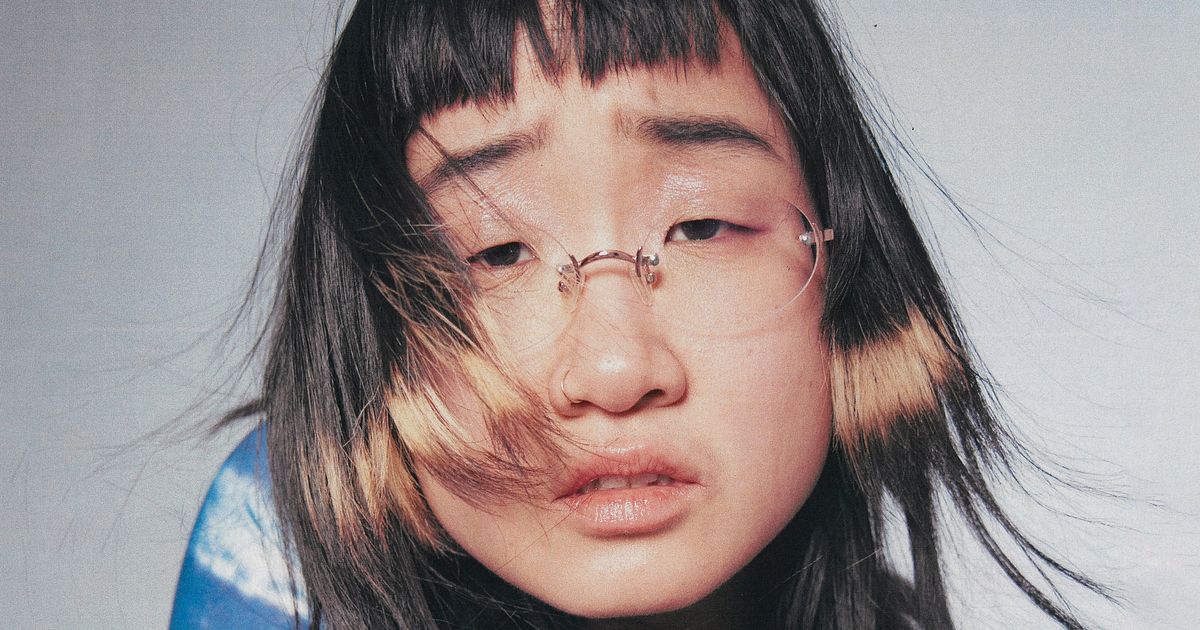
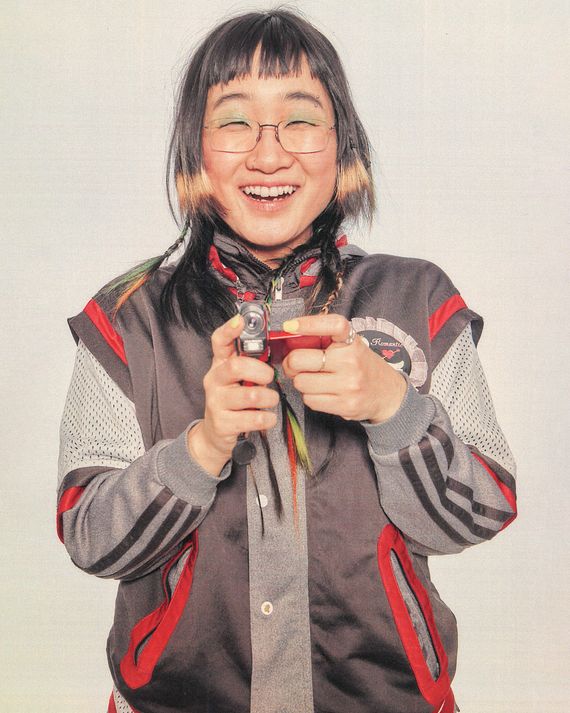
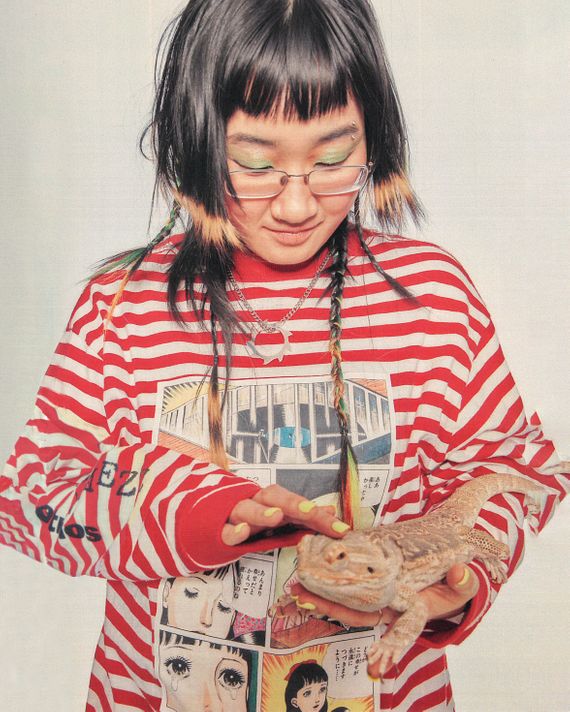



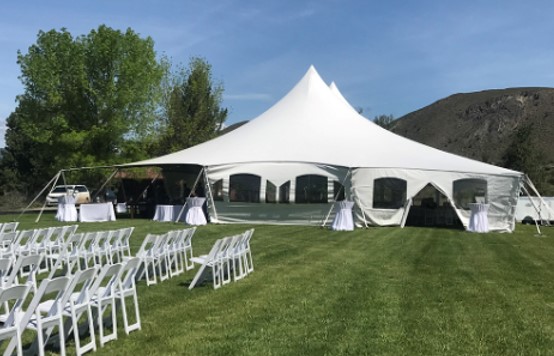
More Stories
Remembering Roots Musician Steve James 1950–2023
Mark Stewart, Pop Group frontman and revered countercultural musician, dies aged 62 | Music
Musician Hunter Hayes on the cost of fame and anxiety: ‘I’m my hardest critic’